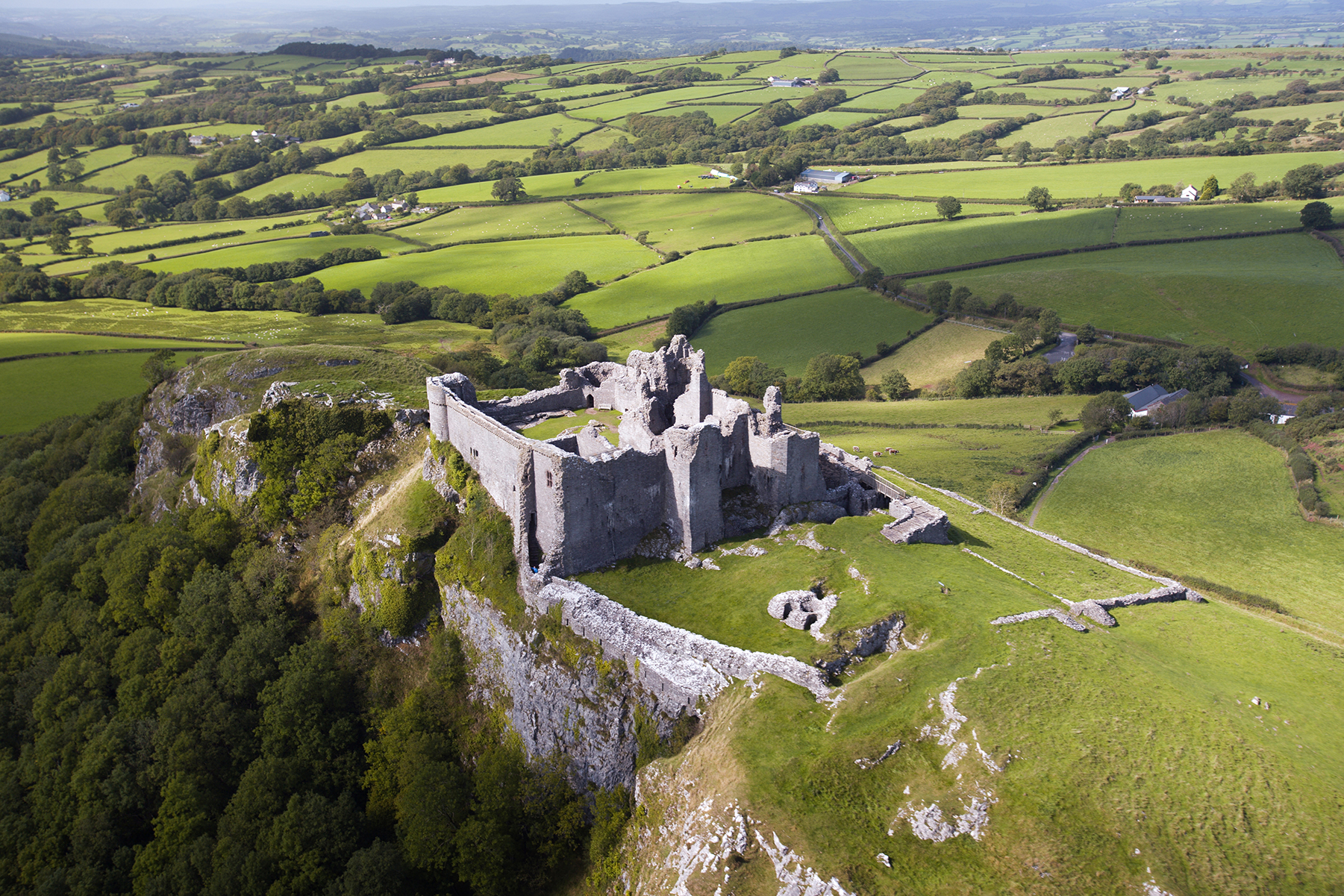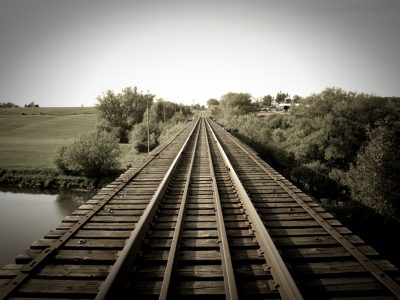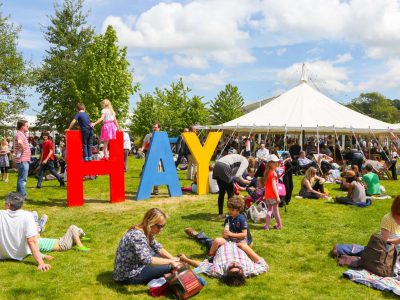Featured image: courtesy of Visit-Carmarthenshire.co.uk
As we celebrated St David’s Day this week, Go With Me takes a look back into the history of Welsh literature
Yesterday was St David’s Day in Wales. A day where Welsh people gather to celebrate their heritage and St David, the patron saint of Wales. The day has been annually celebrated roughly since the 12th century and typical festivities include wearing daffodils or leeks which are recognised Welsh symbols.
As yesterday was a significant day for Wales, Go With Me has looked at destinations around Wales that are also important to literature. Whether it be places old authors used to adventure to and write, or the homes of much-loved poets.
Dinefwr Castle, Carmarthenshire:
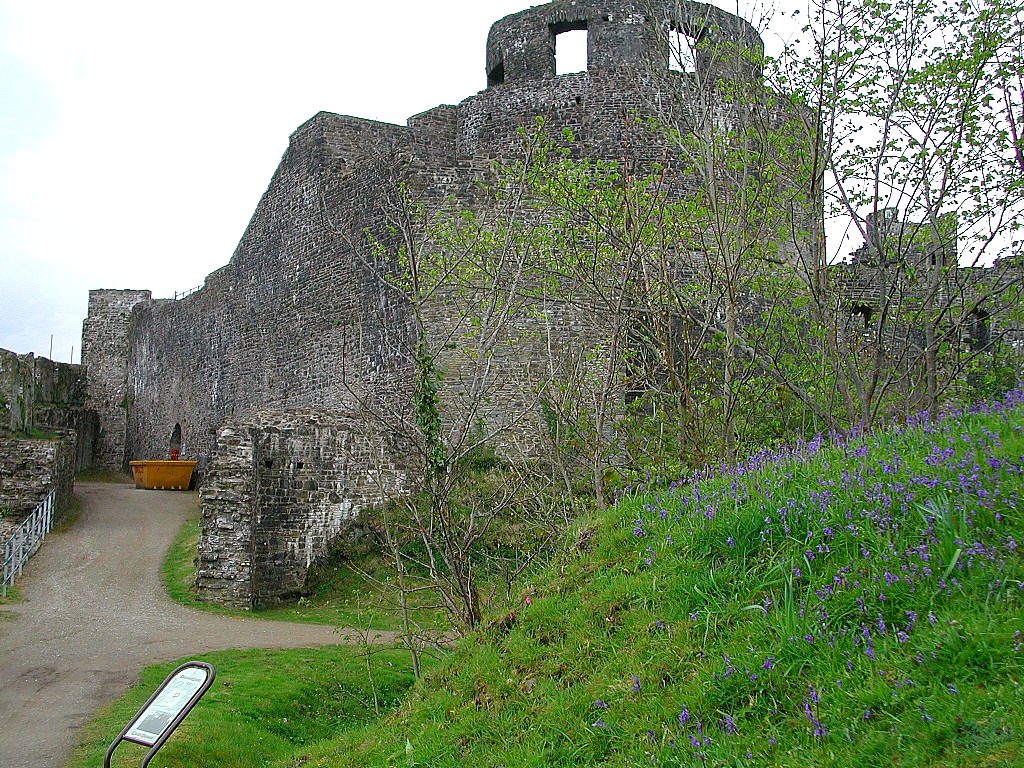
Image courtesy of castlewales.com
This castle was the home of Lord Rhys ap Gruffudd, ruler of the 12th century kingdom of Deheubarth, South Wales. In 1197, Lord Rhys held a festival of poetry and music at his court, which is considered to be the first recording of the Welsh literature, poetry and music festival, The National Eisteddford.
The house of Dylan Thomas, Laugharne:
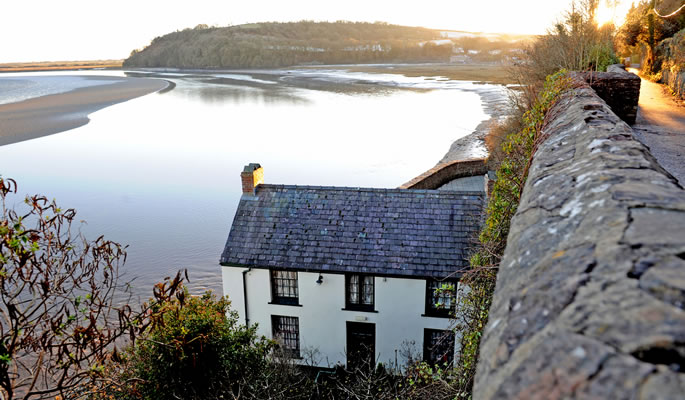
Image couresty of DylanThomasboathouse.com
You can visit a quaint boathouse in dreamy Laugharne which was where Welsh poet and writer, Dylan Thomas wrote most of his best work. Work such as Under Milk Wood was written in this house which is situated right on the seafront.
Bardsey Island, Gwynedd
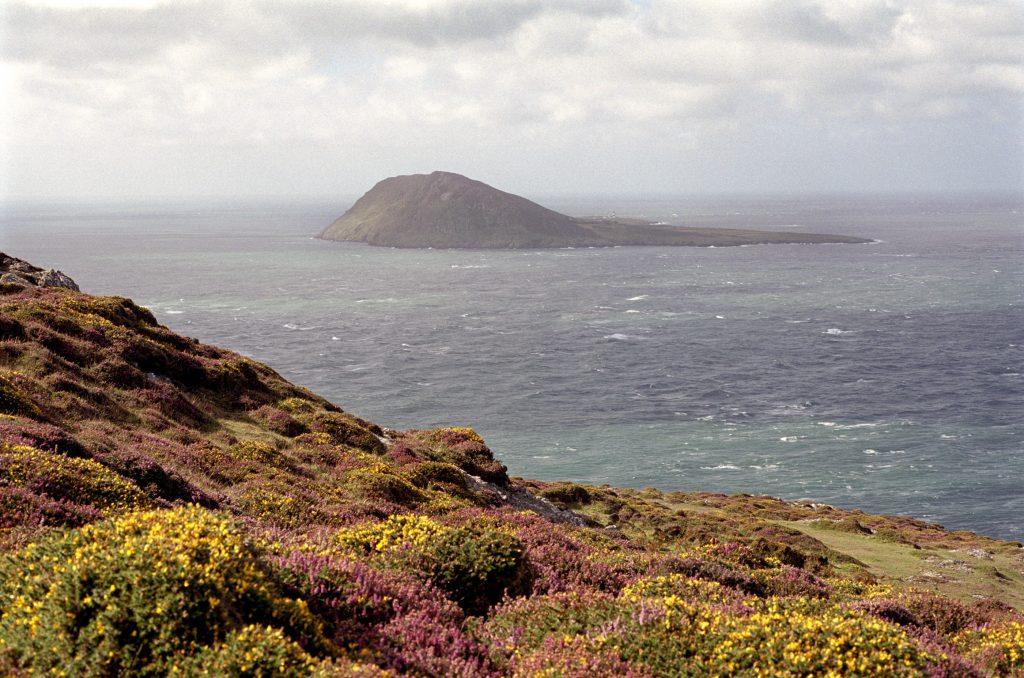
Image courtesy of photoseverywhere.co.uk
Used as a literary retreat, Bardsey Island provided inspiration for novelist and songwriter Fflur Dafydd, poet Christine Davies and poet and artist Brenda Chamberlain. Day boat trips run throughout the summer, where tourists can take in the beautiful views and extraordinary wildlife.
Bedd Branwen, Anglesey
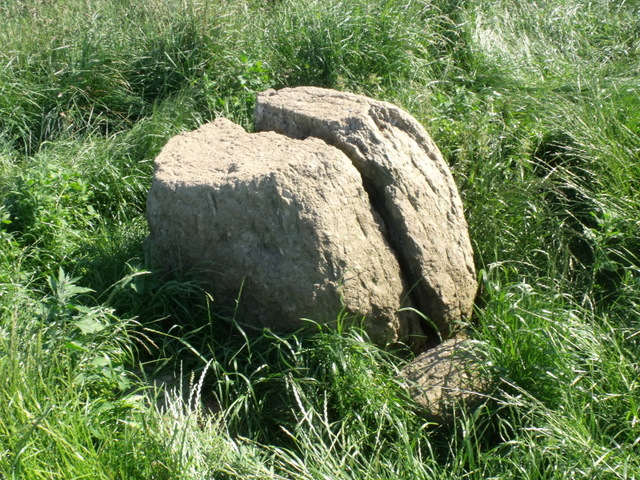
Image courtesy of themodernantiquarian.com
This is the reputed island burial site of the mythical brawn, from the Second Branch of Mabinogi. Mabinogi is, in itself, a puzzle deriving from the Welsh word ‘man’, which means son or boy. It is also a collection of 11 stories preserved from Welsh medieval tradition.

